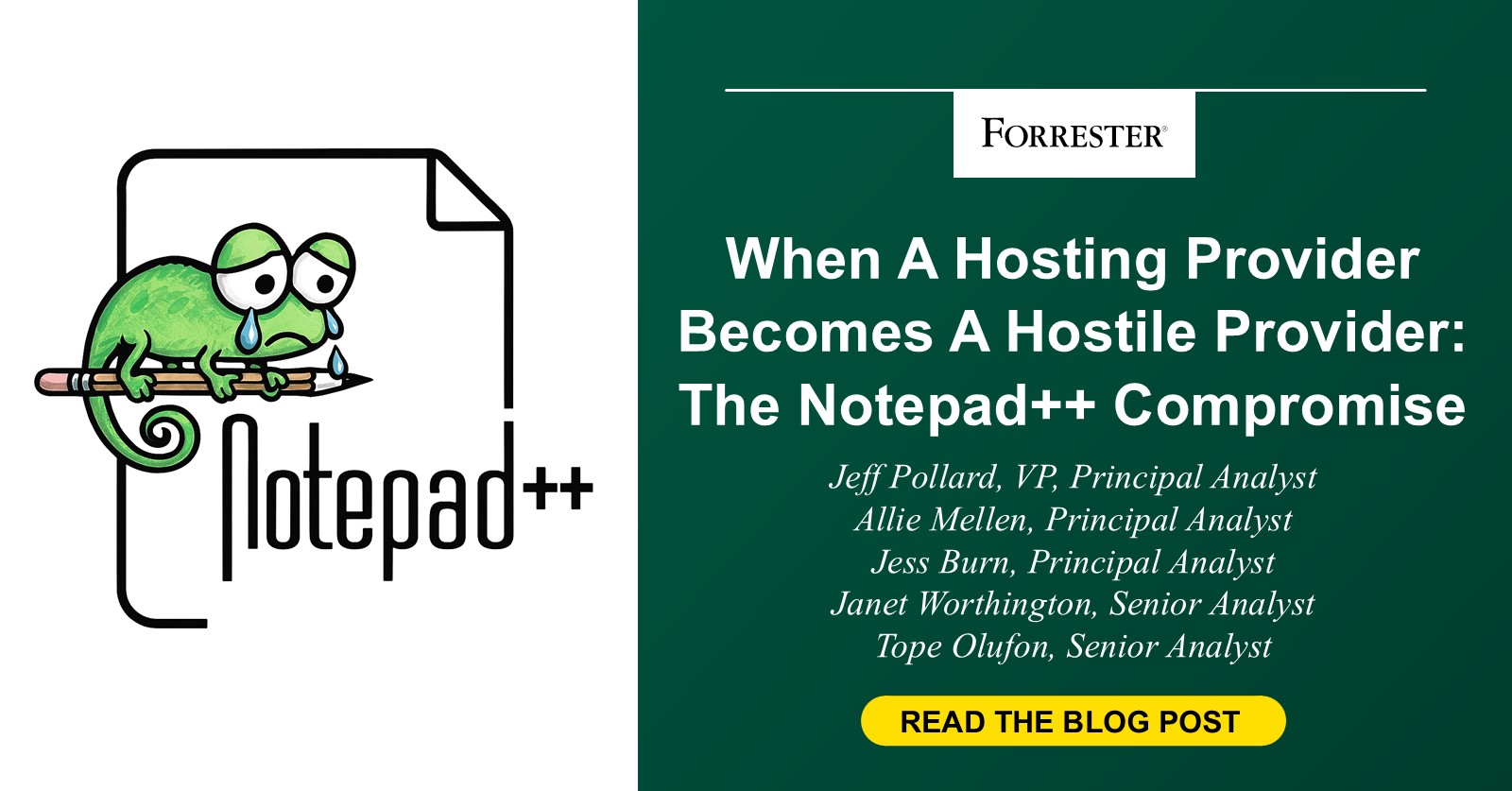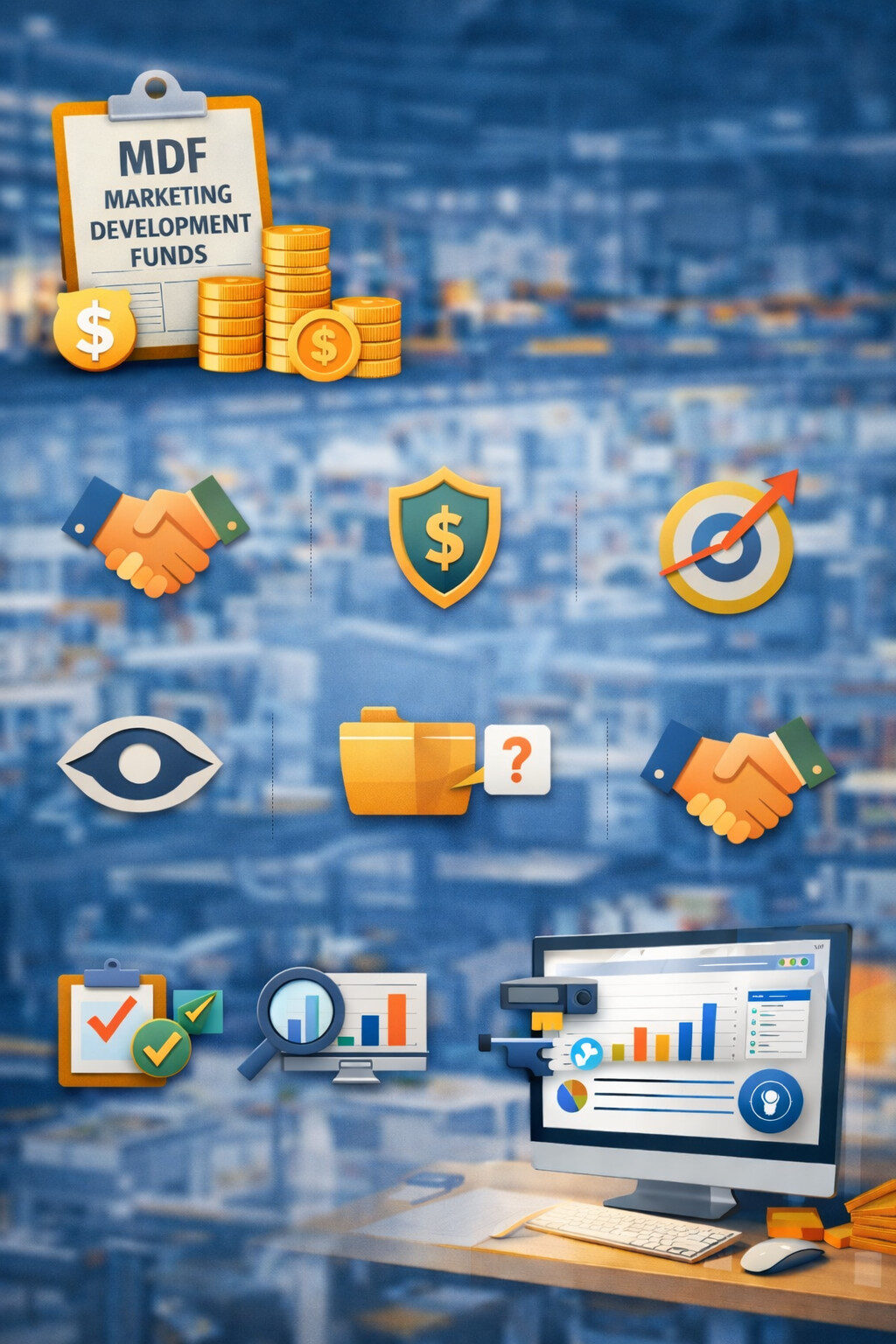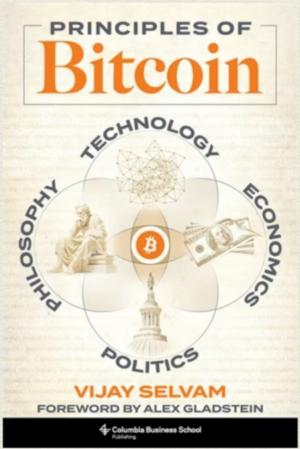With only a few months since GitHub’s formal transition from individual subsidiary to part of Microsoft’s CoreAI division, we were curious how that would affect last week’s GitHub Universe 2025. It’s hard to judge by attendance alone, which felt lower than last year.
What was more clearly evident, however, is overall strategic direction. GitHub’s leadership is now a mix of Microsoft veterans, GitHub originals, and new talent. And they’re encouraging collaboration as a core principle. Microsoft’s investment in Azure DevOps (ADO) focuses mostly on integration with GitHub. The GitHub Spark and Microsoft Power Platform teams are sharing resources and development effort. And some of the announcements at GitHub Universe were for VS Code changes, like improvements for working alongside AI agents.
Microsoft seems to be unifying on a developer platform with GitHub, ADO, and VS Code at the core, and GitHub’s leadership is the glue keeping it all together.
The Whole World Is Agents
It’s obvious that Microsoft has moved beyond code completion to thinking about other parts of the software development lifecycle (SDLC). The company expects agents to do most of the work, guided by software professionals. Microsoft and GitHub announced three major capabilities at Universe 2025:
Agent HQ. This is how agents will collaborate with developers and other agents — and they don’t have to be Microsoft’s or GitHub’s. Agent HQ is implementing branch controls, additional identity features, and the ability for developers to jump between agents running in parallel, offering course corrections to the agents without having to stop and restart them. Developers can see how others on their team guide their agents — both learning best practices and making suggestions. The future of agents will be collaborative, not just individual developers working one-on-one with them.
New Copilot capabilities extending to VS Code. Agents don’t just live in GitHub, and they aren’t just written by GitHub. Microsoft has added custom agents — the ability to give Copilot new skills, personas, and MCP rights. A few partners such as LaunchDarkly have already released custom agents that will be integrated with VS Code. Agents also aren’t just for code: GitHub has released Plan mode, the ability to do spec development and shift further left in the SDLC. Plan mode helps users identify what needs to be done and can ask clarifying questions.
Addressing the “duality” of modern development. GitHub has leaned into the AI duality of wanting to accelerate but exacerbating quality issues by generating flawed code. To this end, GitHub released code quality in public preview to provide feedback on the maintainability and reliability of the code base, as well as enhancing security campaigns to automatically fix multiple flaws at once. But when it comes to detecting security flaws unique to AI/LLMs such as excessive agency, prompt injection, or prompt leakage, customers must look to a completely different platform, Azure AI Foundry, to build and deploy secure AI applications.
The Ontological Vacuum
One thing that was striking in its absence was a knowledge graph — a way to stitch together the various AI capabilities that Microsoft is building to bring context throughout the SDLC. Microsoft’s use of issues for agent-to-agent communications is novel and helps explainability. However, just as issues don’t tell the whole story for human developers who read them, they also fail to capture key relationships that agents might need to know. It doesn’t look as if Copilot will provide introspection on the entire SDLC until next year at the earliest. That gap means Microsoft may have trouble turning its point solutions — which solve legitimate user pain points — into the unified platform it wants to provide.
The Prescriptive Future
While agents will be part of the SDLC in the future, don’t let the fear of missing out drive you to distraction. As we talked with attendees, we heard that most plans to use truly agentic workflows were aspirational. Many enterprises move more slowly than the technology sector, and change management takes way more effort than subscribing to a new tool. The attendees we talked to were actively looking to Microsoft and GitHub not just for tools, but for prescriptive guidance on how to actually improve with agents. The GitHub part of Microsoft has done an admirable job bringing together diverse teams across its own organization — virtual and otherwise. The company will need to help its customers mature in the same way to see significant adoption.

























